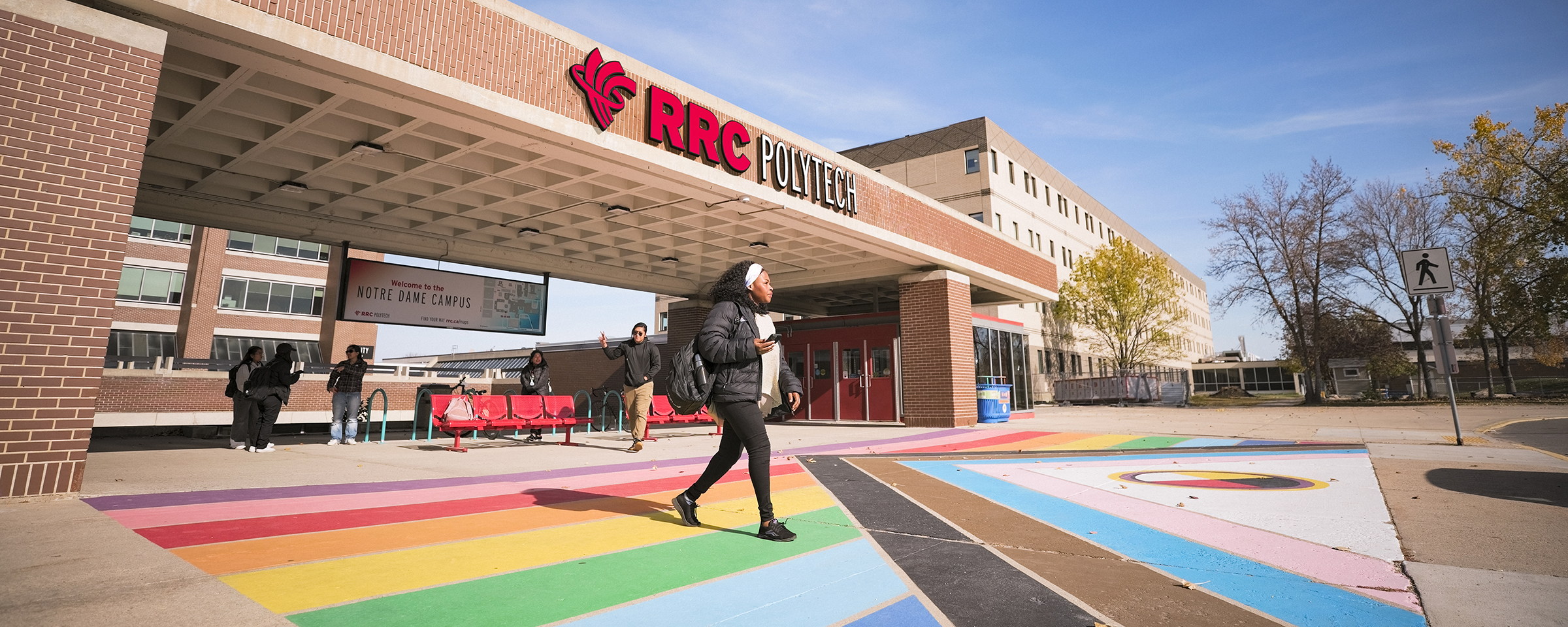Business concepts take flight at inaugural Dragonfly Den pitch event
 Business students from Red River College let their creative concepts take flight this afternoon, at the first-ever Dragonfly Den event showcasing social innovation in entrepreneurship.
Business students from Red River College let their creative concepts take flight this afternoon, at the first-ever Dragonfly Den event showcasing social innovation in entrepreneurship.
Held as part of the College’s annual Social Innovation and Applied Business Research Competition, the Dragonfly Den session saw student teams making presentations informed by research they’d conducted on successful business concepts from around the world.
Appearing before a panel of six industry judges, students were asked to pitch out-of-the-box solutions to existing social problems — starting with a budget of just $500 — and to demonstrate how they’d adapted the models to make them sustainable here in Canada.
Judges then provided feedback and advice, and selected a winner who best exemplified principles of social innovation.
“Today we celebrate these young entrepreneurs and problem solvers who are using their global connections, experience and passion to address social issues here at home and around the world,” says Christine Watson, RRC’s Vice-President, Academic. “This event is an example of how industry, education ad community are working together to prepare and inspire our future leaders.”
The concepts pitched by students included: Read More →









